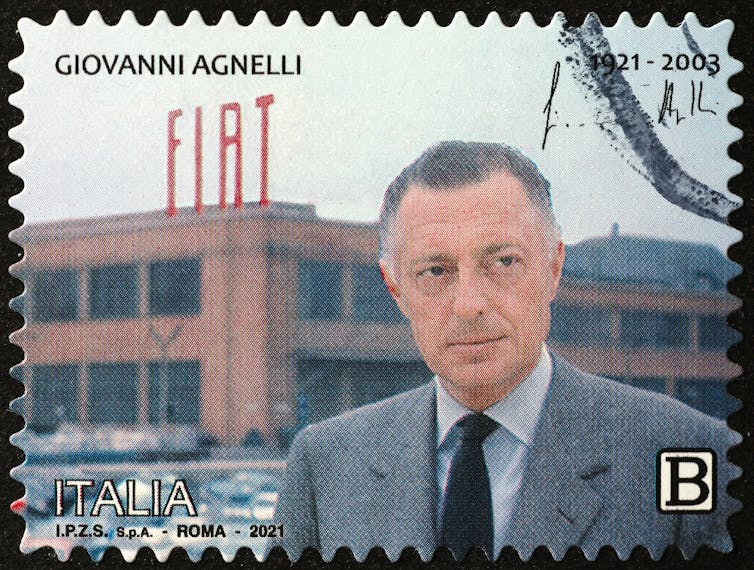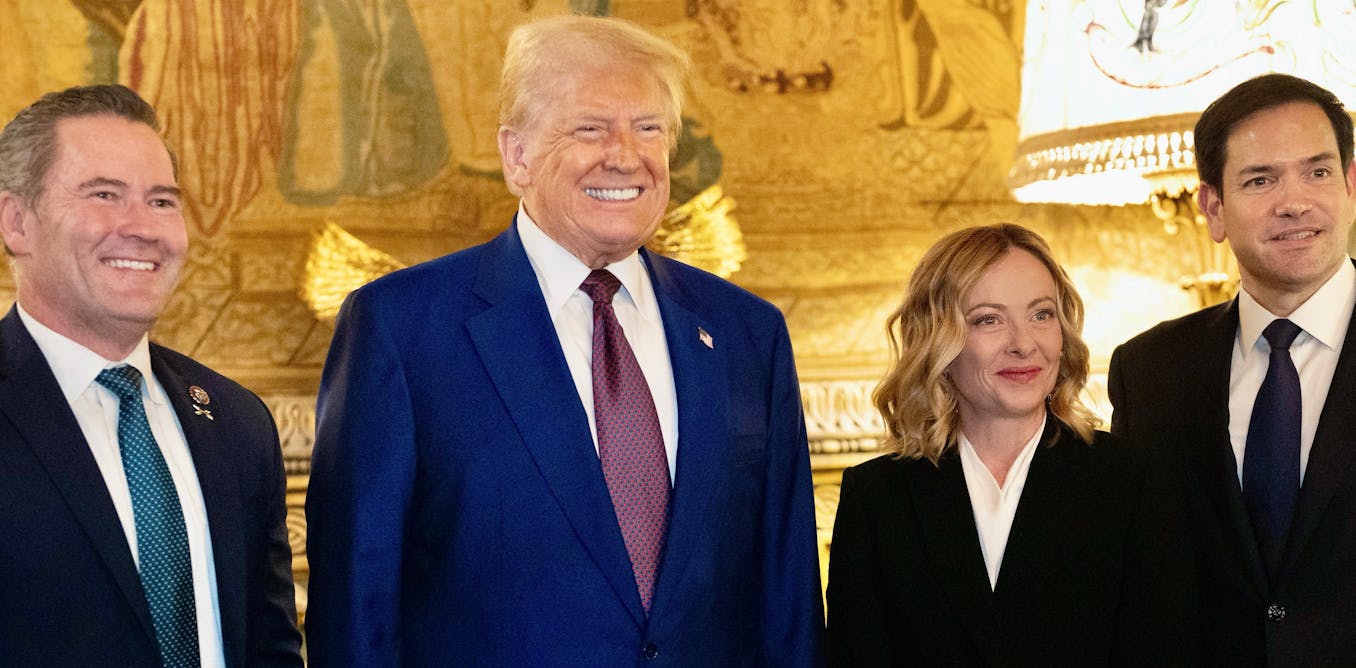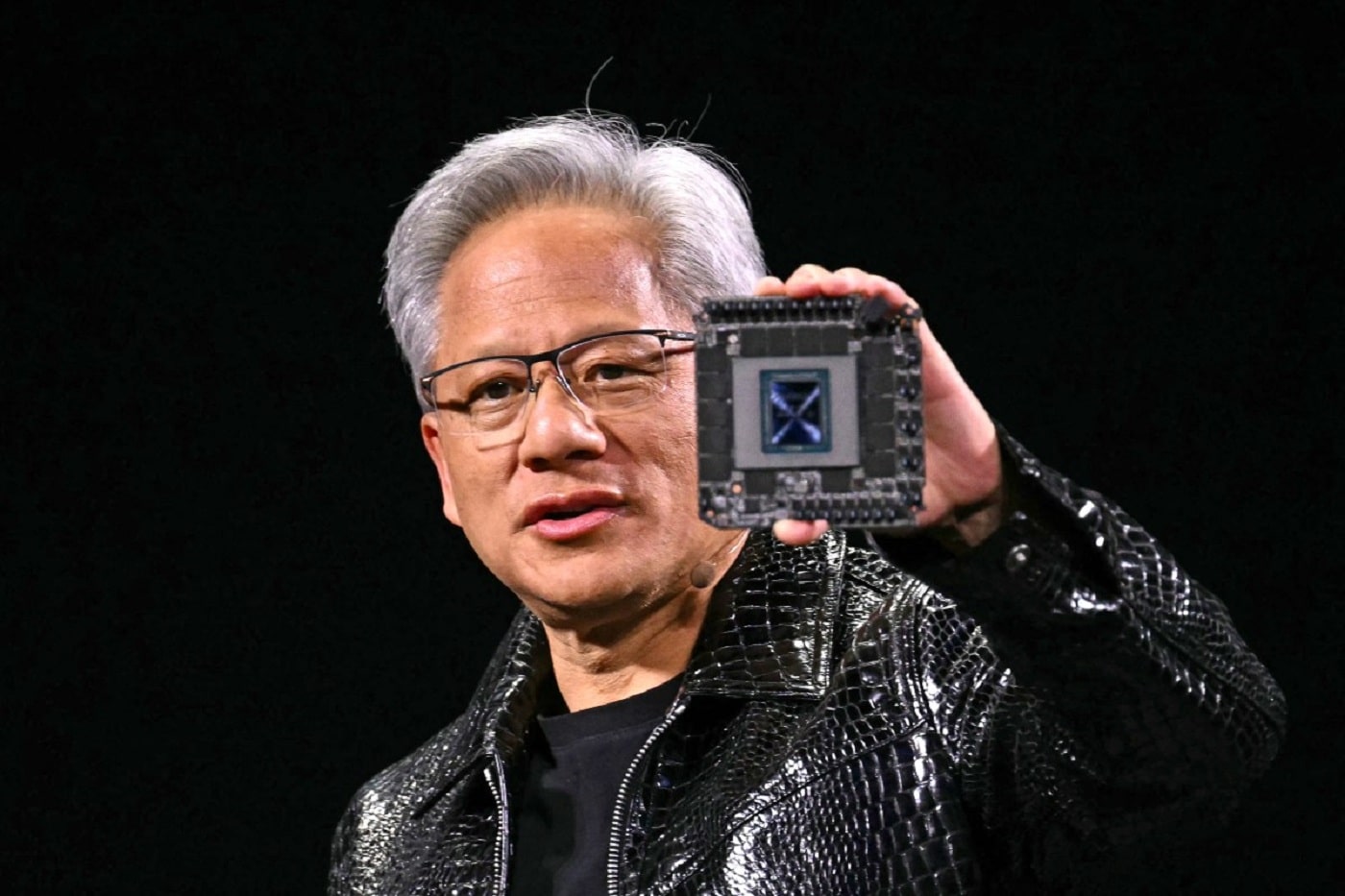Carlos Tavares resigns: Agnelli and Peugeot families take back control
The Agnelli and Peugeot families played a key role in the creation and development of the Stellantis group and… the resignation of Carlos Tavares.

A significant rift has shaken Stellantis, the world’s fourth-largest automaker. In a dramatic turn of events, the company’s board has summoned CEO Carlos Tavares, ultimately compelling him to step down.
This development raises questions: Why would such a move occur when Stellantis posted record-breaking revenue, net profit, and free cash flow in 2023? And what role did the Agnelli and Peugeot families play in this historic decision?
Our analysis highlights the pivotal role of the Agnelli family, founders of Fiat, and the Peugeot family in Stellantis’ governance since its inception. Their influence endures: today, they control 14.4% and 7.2% of the company’s share capital, respectively.
John Elkann: The catalyst behind Carlos Tavares’ resignation?
Amid mounting challenges for Europe’s automotive sector, especially in the hybrid and electric vehicle market, Stellantis has faced significant financial strain. This was underscored by a steep 27% revenue drop in the third quarter of 2024.
This crisis has exposed deep divisions over the group’s strategic and managerial direction, particularly between Carlos Tavares and John Elkann, the Agnelli family heir. Elkann has clashed with the CEO over aggressive growth targets and performance benchmarks, arguing instead for prioritising stakeholder interests. The result: the board convened and demanded Tavares’ resignation.
For the interim, John Elkann has assumed leadership of the executive committee until a new CEO is appointed in 2025. He has also enlisted Richard Palmer, a trusted Fiat ally, as a special advisor. This unexpected reshuffle underscores the enduring influence of the Agnelli and Peugeot families in Stellantis’ governance – particularly the authority of “John the Conqueror.”
The Agnelli and Peugeot families: Founders of Stellantis
The current tensions can be traced back to the crucial role played by the Agnelli and Peugeot families in Stellantis’ creation.
Before the 2021 merger, Fiat Chrysler Automobiles (FCA) engaged in discussions with both PSA Group (Peugeot Société Anonyme) and Renault. Talks between FCA’s then-CEO Michael Manley and PSA’s Carlos Tavares stalled when FCA proposed a 50/50 merger with Renault, which Renault’s board ultimately rejected.
Subsequently, the Agnelli and Peugeot families resumed negotiations. Initially, Robert Peugeot proposed acquiring FCA, then suggested a 50/50 merger to John Elkann. However, Elkann, wary of diluting his family’s interests, rejected both options. Manley and Tavares returned to the table, and a merger agreement was finally reached. Both PSA’s supervisory board and FCA’s board of directors approved the deal, leading to the birth of Stellantis, a global automotive giant.
This consolidation created an industrial behemoth valued at €45 billion, with a portfolio of 16 automotive brands and strong market positions in Europe and the United States – an advantage in a fiercely competitive market.
The Agnelli family: Stellantis’ leading shareholder
From Stellantis’ launch in January 2021, the Agnelli family has held 14.4% of the company’s share capital, making them its largest shareholder. This strategic position has allowed them to exert considerable influence. Other major shareholders include the Peugeot family (7.2%), the French state via Bpifrance (6.2%), and Chinese automaker Dongfeng Motor (5.6%). A specific clause allows the Peugeot family to repurchase shares held by Dongfeng Motor, which had planned to exit, as well as some of Bpifrance’s shares. The goal was to establish parity between the Agnelli and Peugeot families’ holdings, though this balance was never achieved.

Reflecting this distribution of power, key shareholders hold seats on Stellantis’ board of directors. John Elkann and his cousin Andrea Agnelli represent the Agnelli family, while Robert Peugeot and Bpifrance’s CEO Nicolas Dufourcq also sit on the board. Elkann was appointed chairman, and Tavares took the role of CEO. This leadership structure ushered in a period of prosperity for Stellantis.
A future dominated by Fiat Chrysler Automobiles?
These power dynamics could shape the governance of the world’s fourth-largest automaker going forward.
Currently, John Elkann leads the interim executive committee, with Richard Palmer, Stellantis’ former CFO, serving as his advisor. Palmer, a key figure in Fiat Chrysler Automobiles and later Stellantis, left the company in 2023. Michael Manley, FCA’s former CEO and head of Stellantis’ Americas division until his 2021 departure, is also considered a contender for the CEO role.
Could the return of Fiat Chrysler Automobiles’ former leadership – Elkann, Palmer, and Manley – be on the horizon?![]()
Les auteurs ne travaillent pas, ne conseillent pas, ne possèdent pas de parts, ne reçoivent pas de fonds d'une organisation qui pourrait tirer profit de cet article, et n'ont déclaré aucune autre affiliation que leur organisme de recherche.
Quelle est votre réaction ?
























![« Une période dorée pour le crédit » [Emmanuel Weyd, Eiffel]](https://www.greenunivers.com/wp-content/uploads/2025/01/image-41.png)



